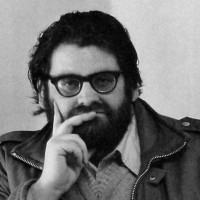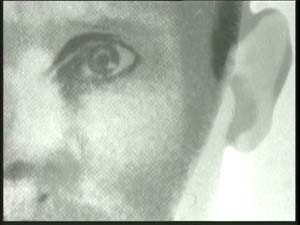
Films
- Read More
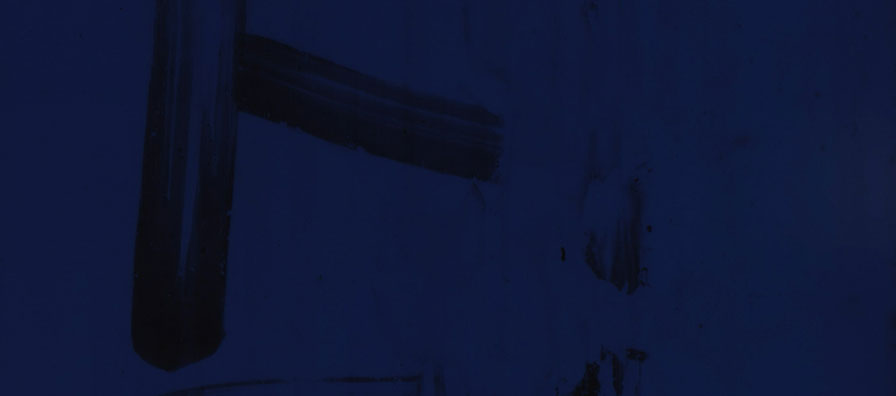 Experimental
ExperimentalOne-Man Show
Kurt Kren16mm, color and b/w, 72 min - Read More
 Experimental
Experimental2/60: 48 Heads From The Szondi-Test
Kurt Kren16mm, black and white, silent, 4.5 minRental format: 16mm - Read More
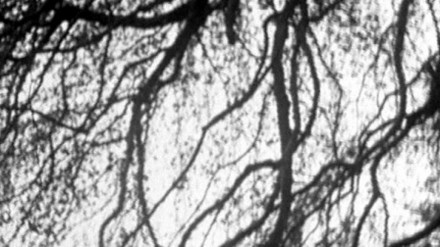 Experimental
Experimental3/60: Trees During Autumn
Kurt Kren16mm, black and white, sound, 5 minRental format: 16mm - Read More
 Experimental
Experimental4/61: Walls Pos Neg. Way
Kurt Kren16mm, black and white, silent, 6.75 minRental format: 16mm - Read More
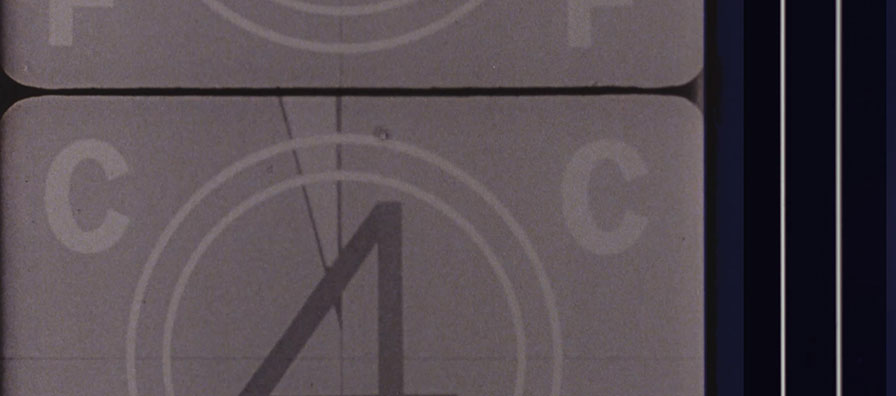 Experimental
Experimental5/62: Maggoty Moon
Kurt Kren16mm, color, silent, 5.5 minRental format: 16mm - Read More
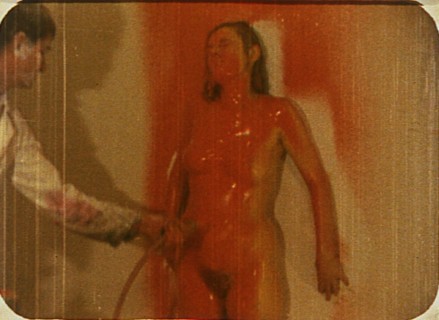 Experimental
Experimental9/64: O Tannenbaum
Kurt Kren16mm, color, silent, 3 minRental format: 16mm - Read More
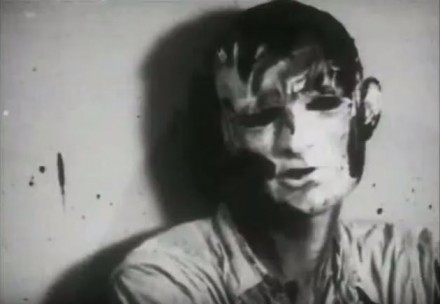 Experimental
Experimental8/64: Ana-Action Gunther Brus
Kurt Kren16mm, black and white, silent, 2.75 minRental format: 16mm - Read More
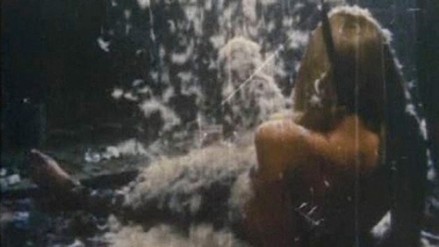 Experimental
Experimental7/64 Leda & The Swan
Kurt Kren16mm, color, silent, 3 minRental format: 16mm - Read More
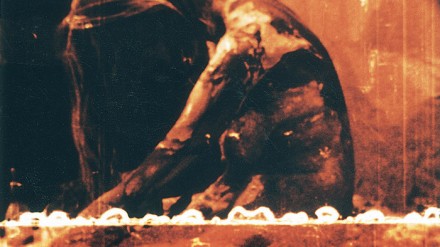 Experimental
Experimental6/64: Papa & Mama
Kurt Kren16mm, color, silent, 4 minRental format: 16mm
Biography
Kurt Kren was born in Vienna in 1929 to a German mother and an Austrian father of Jewish decent. In 1939 the ten-year-old was sent via „Kindertransport“ (organized by the British Refugee Children Movement) to Rotterdam.
In 1947 Kren returned to Vienna and was given a job at the National Bank by way of reparation. Shortly afterwards associated with members of the Art-Club, a circle of progressive artists. In 1955 Kren bought his first Regular 8 camera and became a member of an amateur filmmakers’ club, Klub der Kinoamateure. Some of his first artistic experiments with film were made in collaboration with the poet Konrad Bayer. As of 1957 Kren created his first 16mm film and in 1960 made his first serial montage film of many to follow. It is due to these early serial works that Kren is considered one of the most influential pioneers of structural filmmaking.
From 1964 through 1966 Kren made films based on “material actions” staged by Otto Muehl and Günter Brus performed exclusively for Kren and several photographers. In 1966 he participated in the Destruction in Art Symposium in London, during which the Viennese Actionists made their first international appearance. In 1968 Kren took his first trip to America to present his films in New York and St. Louis. In the same year, he was wrongly accused of filming the scandalous Action Art and Revolution staged at the University of Vienna, directly leading to the termination of his bank job.
In 1971–1976 Kren lived in Cologne. 1972–1973 he produced a series of 5 boxes, each containing a super 8 print of one of his films, a copy of its handwritten score and several stills. In 1976 he moved to Munich, participated in Kassel’s documenta 6 in 1977, and emigrated to the US in 1978.
In 1979 Kren married Marnie Rogers and they lived for a few months in Europe on a DAAD scholarship. After returning to America they divorced in 1980 and Kren moved to California, without a steady address and sometimes living out of his car. In 1981 he worked with a group of housewreckers in New England, making money from the wood they salvaged. Kren subsequently moved to Austin and then relocated to Houston, Texas. From 1983 to 1989 Kren worked as a security guard at the Museum of Fine Arts in Houston. His films were presented in many different cities and prints sold to numerous international collections.
In 1989 Kren returned to his homeland and was provided an apartment and a small pension by the Austrian government. In 1997 he worked as an actor and cinematographer for Christoph Schlingensiefs’ Die 120 Tage von Bottrop. Co-founder of the Vienna Institute of Direct Art (1966) and of the Austria Filmmakers Cooperative (1968). Member of the Vienna Secession, the London Filmmakers’ Coop (1967), the New York Film-Makers’ Cooperative (1968), P.A.P. Munich (1969) and of the Assembly of Authors in Graz. His work is distributed by sixpackfilm (Vienna), Light Cone (Paris), LUX London, Canyon Cinema (San Francisco) and New York Film-Makers’ Cooperative. Kurt Kren died in 1998.
